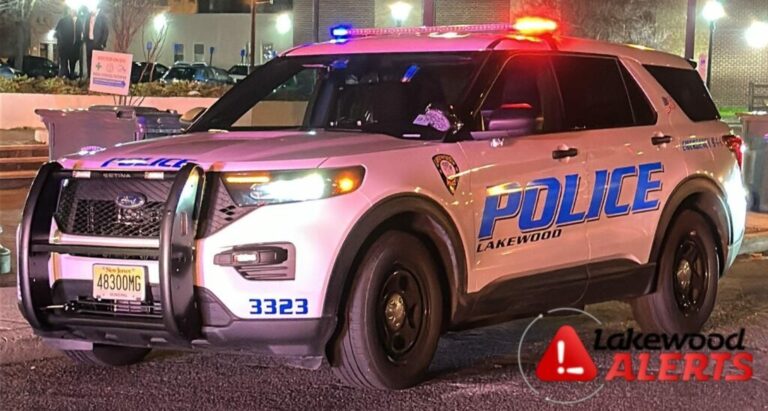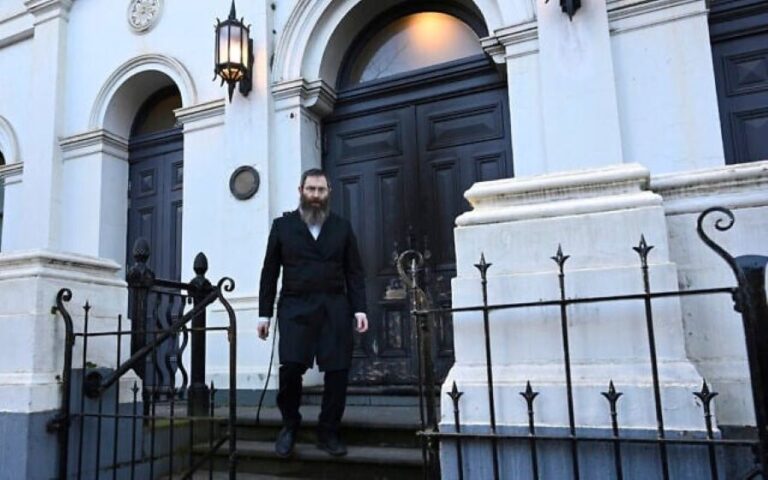Senator Felder proposed legislation on Friday to improve public safety in the wake of the limousine crash in Schoharie County last week that claimed the lives of 20 people. Seventeen passengers, 2 pedestrians and the driver of the limo died in the horrific tragedy that brought to light once again the inadequacy of state law in regulating limo operation. The Stretch Limousine Safety Act (S 9177) seeks to correct that immediately by clearly defining and regulating the commercial use of stretch limousines.
“On October 6th our state witnessed the deadliest traffic accident since 2009.The sheer magnitude of this tragedy stopped everyone in their tracks. As early reports emerged, it became clear that there is a lack of consistency, reliability and safety in the way the state regulates inspection and licensure of the industry. This puts people at significant risk and needs to be rectified immediately,” explained Senator Felder.
Stretch limousines are created by modifying a car or SUV to extend the body of the vehicle for additional seating. The process can threaten the structural integrity and safety features of the vehicle. Upgrades to breaks and other equipment are necessary to accommodate the extra weight of the new vehicle and require regular inspection.
“The Stretch Limousine Safety Act will ensure that limos are regulated in line with other for hire vehicles in a five pronged approach that also addresses their unique modifications,” said Senator Felder.
1. Retirement Age: Requires stretch limousines be retired from service after 10 years. Taxi Cabs in New York City are currently retired after 7 years due to wear and tear on the vehicle.
2. Training: New rules and safety training as a pre-requisite to licensure for limo drivers.
3. Inspections and Insurance: Upon failure of a DOT safety inspection, owners have a 10-day window to make necessary repairs, during which transporting passengers is prohibited. If repairs are not underway in the given timeframe, DOT can impound the vehicle. These procedures ensure that vehicles deemed to have sub-par safety standards and operators who have not demonstrated a responsible commitment to passenger safety will not be transporting passengers.
In addition, stretch limousines must have a minimum liability insurance coverage of
2 million dollars.
4. Transparency: All stretch limousines are required to display a license plate sized sticker on a passenger door of the vehicle that clearly states when their last successful vehicle inspection took place. Upon a failed safety inspection, a sticker of the same size clearly indicating that the vehicle is prohibited from transporting passengers shall replace the above sticker. Additionally, DOT will report the results of every inspection on their website
5. Penalties and Seizure: Increases penalties for violations of the above sections and operating a stretch limo that has failed inspection becomes a class E felony.
“The patchwork of regulations covering the stretch limousine industry until now has been sorely insufficient. As the NTSB concludes its investigation, more issues will be brought to light and this bill will be amended as necessary. Nevertheless, it is a good starting point in the effort to protect customers and patrons of the industry. Limos are most often used for special events and celebrations, like weddings. We must do everything in our power to ensure that happy occasions don’t end in unnecessary tragedy,” said Senator Felder.
(YWN World Headquarters – NYC)












One Response
Oy, what’s going to be the affect on Purim and yeshiva kids in BP? How will the kids manage? Where will all their wasted money go if not to the limo companies?